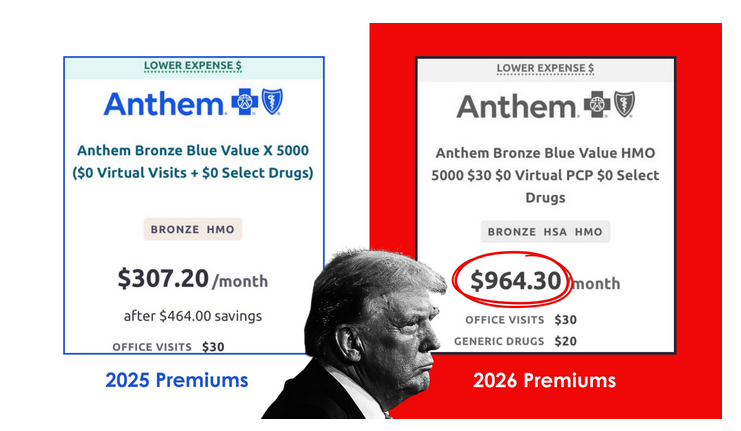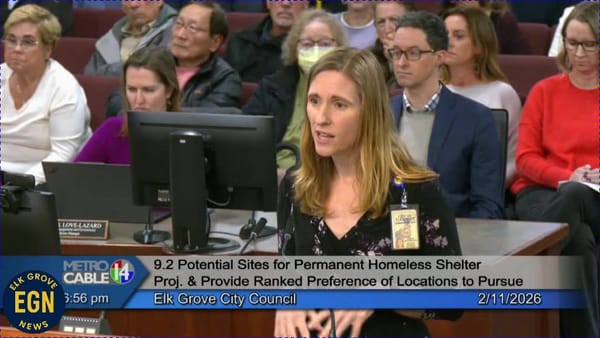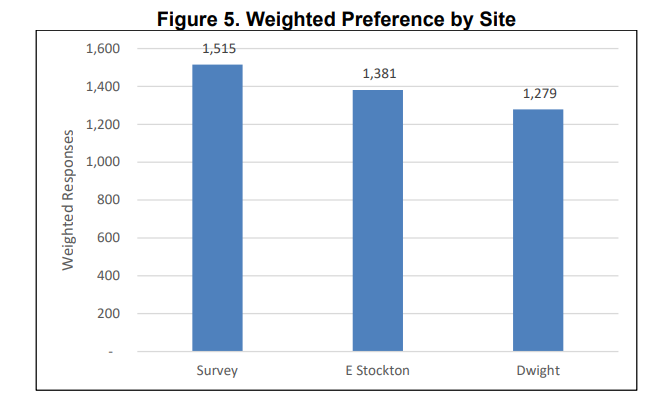Newsom Warns Californians Face Soaring Health Premiums in January Without Congressional Action
Middle class people will face the steepest premium hikes

Middle class people will face the steepest premium hikes


The meeting lasted three hours.

Sergio Robles has campaign finance practices that are antithetical to his party's orthodoxy

“Last year, Big Oil spent big on lobbying in California – and it worked"

Even if the council settles on a preferred site, the project remains subject to property negotiations with landowners